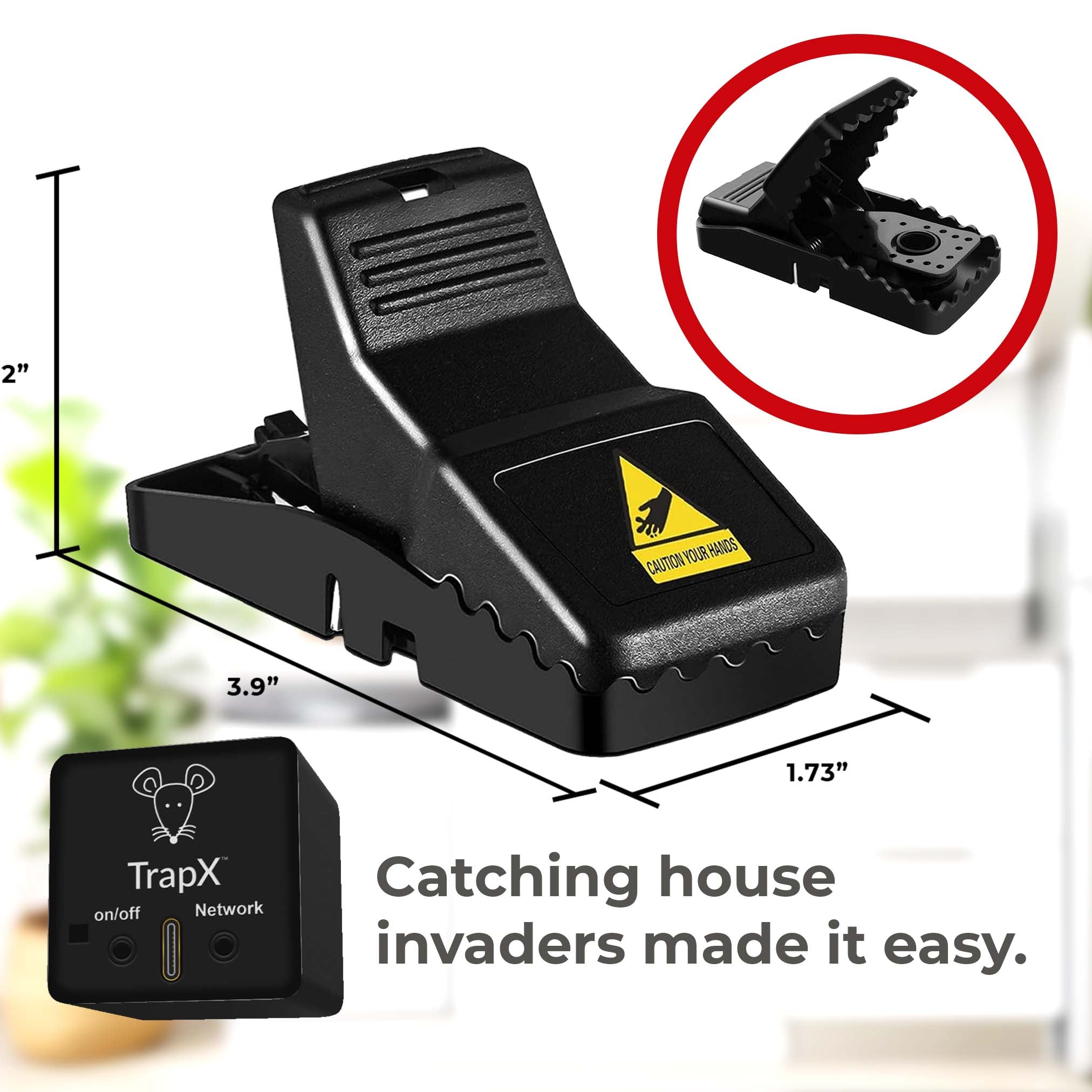When it comes to rodent control, many people turn to glue traps as a way to capture mice. However, one question that often arises is how to dispose of a mouse glue trap effectively and ethically. This principle becomes pertinent for individuals who want to ensure they're not just keeping their homes clean but also preserving the environment.

Why Proper Disposal Matters
Improper disposal of mouse glue traps can have serious consequences. It's not just about keeping your living space hygienic; it's also about preventing harm to other animals and people. Imagine discarding a glue trap in a way that a household pet or a curious child encounters it. The results could be disastrous.
For more on rodent control solutions, read our article on Mouse Trap vs Poison.

Precautions Before Handling
Before you start the disposal process, there are certain precautions you should take. Wear disposable gloves to avoid direct contact with the trap. This is essential since glue traps often come into contact with potentially hazardous materials and pathogens that rodents may carry.
Learn more about safety measures in rodent control in our guide on Multiple Mouse Traps.
Using Protective Gear
Using protective gear like gloves, face masks, and even safety glasses can minimize the risk of disease transmission. Remember, the glue on the trap is extremely sticky and can be quite difficult to remove from skin, clothing, or any other surface it might come in touch with.

Methods for Disposal
Sealing the Trap
The first step in proper glue trap disposal is sealing it. Place the glue trap in a plastic bag and seal it tightly. Make sure the bag is thick enough to prevent the glue from seeping through. Double-bagging is a recommended option for added safety.
Disposing In Trash
Once the trap is sealed inside a bag, you can dispose of it in your regular household trash. However, verify with your local waste management facility to ensure they're equipped to handle this type of waste, as regulations may vary by location.
Professional Disposal Services
Some areas offer professional rodent control services that include the disposal of traps. This is often the safest and most effective option, as these professionals are trained to handle potentially hazardous materials.

Environmental Considerations
It's essential to consider the environmental impact when disposing of mouse glue traps. Whenever possible, opt for eco-friendly and biodegradable options for both the trap and the disposal process. This ensures that your methods are in alignment with environmental conservation efforts.
Avoiding Harm to Other Animals
Plastic bags and glue can be incredibly harmful to other animals if not disposed of correctly. Wildlife and stray animals could come into contact with these discarded items, leading to unintended suffering and death.
Legal Aspects and Local Laws
Be aware that local laws may dictate how you should dispose of mouse glue traps. It's important to consult your local guidelines to ensure you're in compliance. This not only keeps you within legal boundaries but also promotes safe and ethical practices.
Consulting Waste Management Services
Don't hesitate to contact your local waste management services for guidance. They often have resources and specific recommendations for safe disposal methods. Some locations might even provide a special collection service for hazardous household waste, including glue traps.
Dealing With a Live Mouse
In case the trap has caught a live mouse, remember to handle it humanely. A quick method is to bring the trap to a vet or animal control service, where professionals can take appropriate action. Humane euthanasia might be the best course of action in certain circumstances.
Releasing the Mouse
If you wish to release the mouse, apply a few drops of vegetable oil around the trapped area. This will help to loosen the glue, allowing the mouse to free itself. Make sure to carry out this operation away from your home to avoid repeat infestation.
For expert advice on humane mouse trapping, check out this article from WikiHow.
Safe Cleaning Techniques
After disposal, the area where the trap was placed should be cleaned thoroughly. Use disinfectants and cleaners that are specifically designed for rodent-related incidents. This will help in eliminating any leftover germs and preventing future infestations.
In conclusion, knowing how to dispose of a mouse glue trap properly is crucial for both health and environmental reasons. By following these guidelines, you ensure the safe handling and disposal of traps, protect other animals, and stay compliant with local regulations.
For further reading on rodent control methods, you can visit Rodent Control Kit.
As an Amazon Associate, I earn from qualifying purchases.
